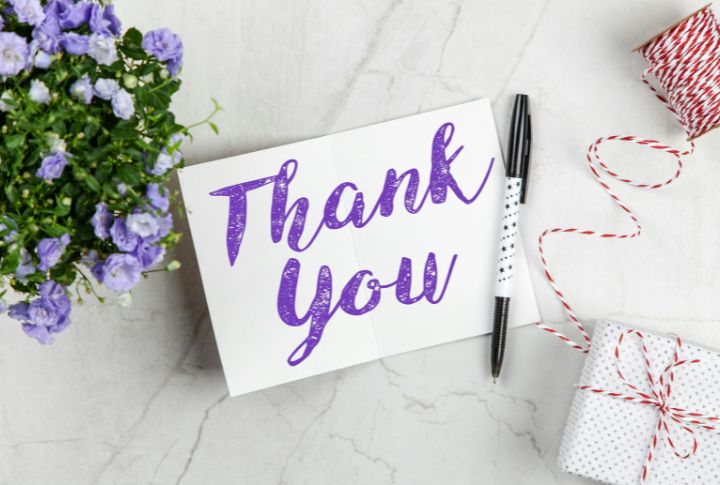
Generational habits often carry wisdom, but not all of them fit seamlessly into today’s lifestyle. Some Boomer traditions, though perseveringly well-meaning, could benefit from a modern perspective. By updating these habits, you can retain their value while embracing more current approaches.
Calling When a Text Would Do

Stop reaching for the phone for every little thing. A quick text is often faster and more considerate of everyone’s time. Phone calls demand immediate attention, while texts allow people to respond when it’s convenient for them. Save calls for emergencies, unless you’re okay with hearing a sigh.
Complaining About “Kids These Days”

Grumbling about younger generations? That tune is tired. Since the early 1900s, older generations have complained about the youth. Instead of criticizing, learn something new. Younger generations are reshaping society in bold new ways; join them rather than scolding them from the sidelines.
Dismissing Mental Health Conversations

Mental health matters. When you shrug off therapy or anxiety as “weakness,” it no longer holds up. According to the APA, 37% of Gen Z have sought therapy, which proves the days of suppressing emotions are fading—and good riddance. Now, a little empathy goes a long way.
Giving Unsolicited Advice

Not every situation requires an input. Younger generations value independence and personal boundaries, and offering unsolicited advice can feel intrusive. Instead, ask, “Would you like some input?” This simple question respects boundaries while still allowing you to offer support when it’s wanted.
Using Too Many Emojis Incorrectly

The crying-laughing emoji isn’t always the go-to for humor anymore. Emojis evolve, and their meaning depends on context. For Gen Z, the skull emoji often signals something is hilarious. Using emojis incorrectly can make your messages feel out of touch. Stay in the loop to keep your texts relevant and clear.
Expecting Immediate Gratitude for Basic Help

Offering help is a kind gesture, but expecting a grand show of gratitude isn’t. Mutual respect is what truly matters. Helping someone, especially a younger person, doesn’t automatically make you a hero. Let good deeds speak for themselves without turning them into a demand for appreciation.
Shaming Non-Traditional Career Paths

Freelance and side gigs are more than trends—they’re viable career choices. Creative paths offer independence and flexibility. Dismissing these options overlooks the success stories of today. Recognize this shift from 9-to-5, or risk being out of touch with today’s world.
Refusing to Talk About Privilege

Dismissing privilege misses the point. It’s not a personal attack but an acknowledgment of systemic advantages. Younger generations value these conversations. Listen and understand different experiences to open the door to meaningful progress.
Relying on Paper for Everything

Stacks of paper receipts, forms, and bills? There’s an app for that. Digital tools cut the clutter and are more sustainable. According to the EPA, the U.S. uses 68 million trees annually for paper. Go digital—the planet (and younger generations) will thank you.
Using Chain Emails to Spread Misinformation

Chain emails packed with urban legends and fake news need to retire. Misinformation spreads like wildfire online. Instead, verify facts before sharing. Research has shown that a significant portion of misinformation originates from forwarded messages. So, don’t let a “forward” damage your credibility.

